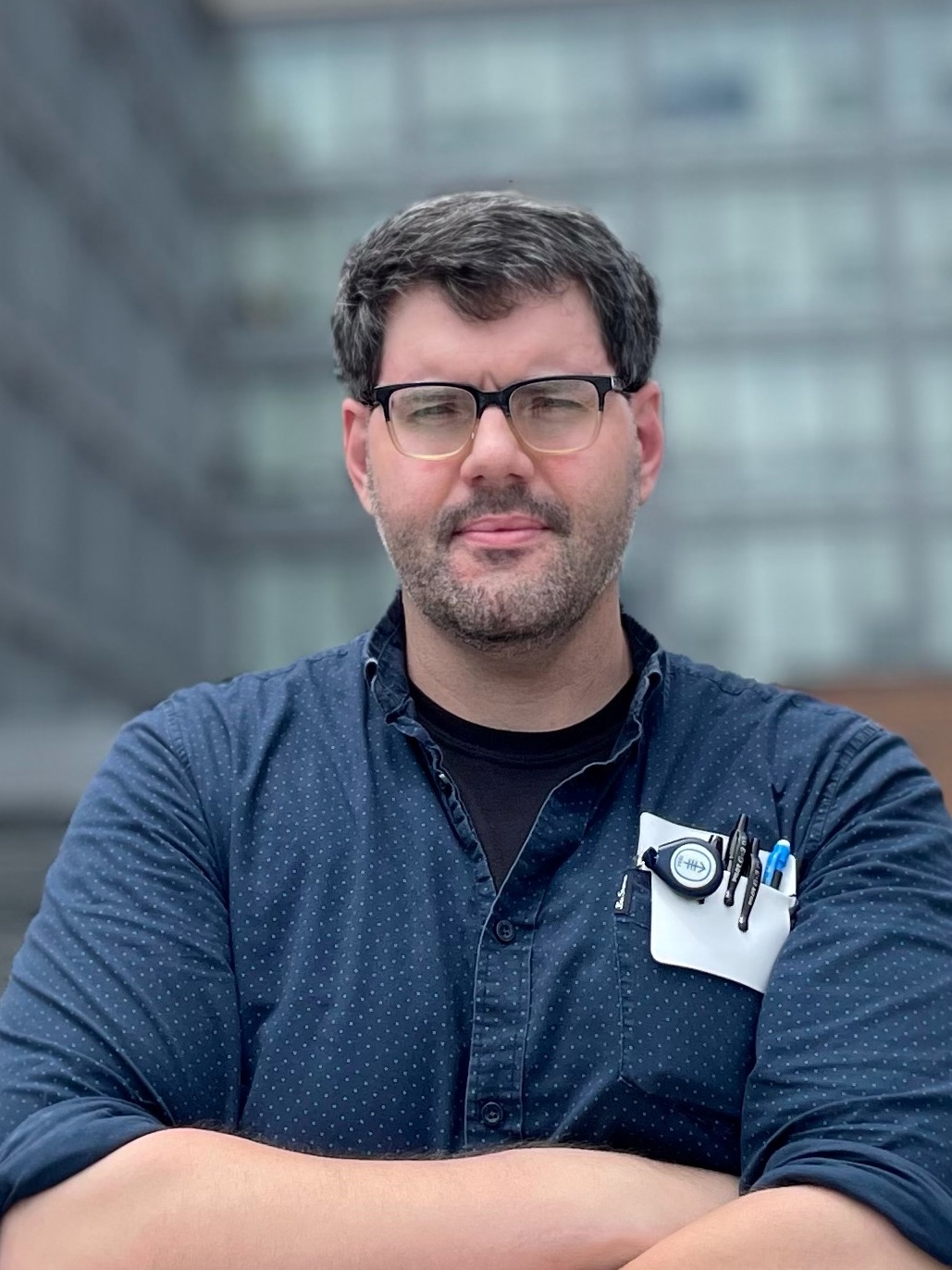PhD
Assistant Professor, Pharmacology
UNC-Chapel Hill
Cancer Genetics
Area of Interest
Tumorigenesis reflects the emergence of lineages that no longer conform to the differentiation programs essential for organ development, maintenance, and regeneration. The Morris Lab strives to understand how cancer drivers initiate and maintain lineages that no longer “play by the rules” of evolutionarily dictated cell fate specification and hierarchical organization in order to identify, revert, and eliminate them.
Cell fate decisions are the culmination of genetic, epigenetic, and physiological inputs. Cancer driver events are most often genetic changes that rewire the epigenetic and physiological landscapes of cells. Thus, cancer drivers fundamentally alter cellular plasticity, allowing cells to take on aberrant cellular identities by perturbing cell intrinsic cell fate programs and changing how cells respond to extrinsic signals from their microenvironment. Furthermore, some cancer drivers cause genomic instability, increasing inter and intratumor heterogeneity of driver induced aberrant cell fates.
We use genetically engineered mouse models to determine how tumor specific driver combinations establish new fates, how these fates evolve, and how they respond to therapy. We focus on models of hard to treat tumors, such as pancreatic ductal adenocarcinoma and cholangiocarcinoma, highly heterogeneous cancers that not only lack efficient therapies but also specific molecular markers that unambiguously distinguish pre-malignant from malignant cells. By integrating dynamic control of gene expression and lineage tracing into our models we aim to determine critical inflection points of cell plasticity and genomic heterogeneity in the progression from normal to premalignant to malignant cells. In models of established disease, we use temporal control of gene expression and lineage tracing to model candidate therapeutic targets and determine how heterogenous lineages adapt to therapeutic intervention. Taken together these parallel modeling approaches aim to nominate rational approaches to cancer treatment that not only target classical hallmarks of tumorigenesis, but also restore latent programs of developmental and tissue homeostasis that cannot accommodate them.
Awards and Honors
- Pancreatic Cancer Action Network Career Development Award, 2021
- American Cancer Society Postdoctoral Fellowship, 2014-2017

